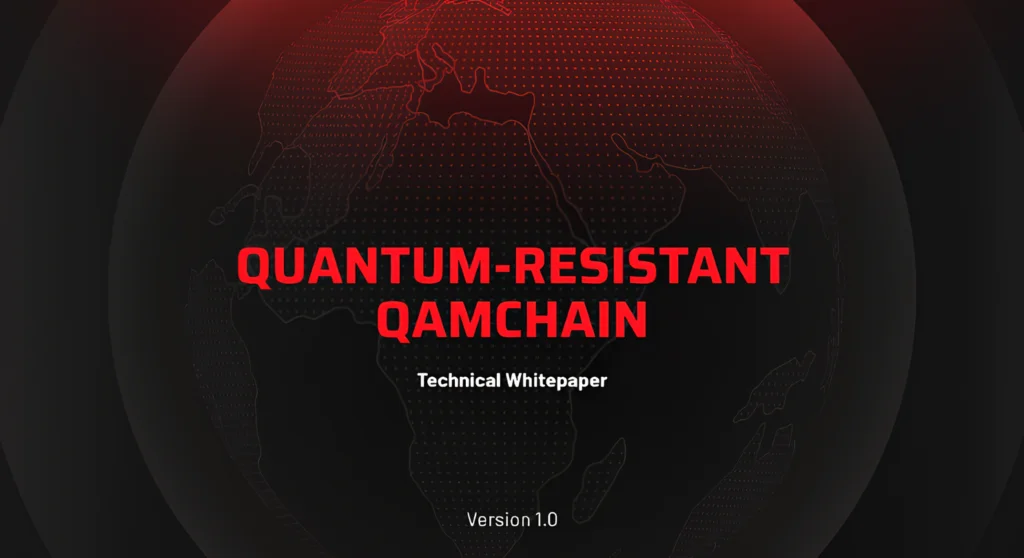Insider Brief
- IQM will deliver two advanced Radiance quantum computers: a 54-qubit system in the second half of 2025, followed by a 150-qubit system at the end of 2026.
- EuroHPC Joint Undertaking (JU) owns the hybrid system named Euro-Q-Exa, which will be integrated into the high-performance computing infrastructure at the Leibniz Supercomputing Centre (LRZ) of the Bavarian Academy of Sciences and Humanities in Garching.
- Euro-Q-Exa is part of a European supercomputing infrastructure that will be accelerated by various quantum technologies and made accessible to the European research community.
PRESS RELEASE — The EuroHPC Joint Undertaking (EuroHPC JU) has signed a purchase agreement with IQM Quantum Computers (IQM), a global leader in designing, building, and selling superconducting quantum computers. Under the agreement, IQM will deliver two advanced Radiance quantum systems of 54 qubits and 150 qubits in the second half of 2025 and by the end of 2026, respectively.
The two distinct systems, featuring high-quality qubits and industry-leading fidelities will play a pivotal role in executing quantum algorithms across a range of application domains. The systems will be integrated into the high-performance computing infrastructure at the Leibniz Supercomputing Centre (LRZ) of the Bavarian Academy of Sciences and Humanities in Germany and will be accessed by scientists, researchers, and European end-users from industry across Europe allowing to utilize fully hybrid HPC-QC workflows developed as part of the Munich Quantum Software Stack (MQSS).
LRZ is one of currently six European sites to operate and further develop hybrid supercomputers, accelerated by quantum technologies for EuroHPC JU. Starting in spring 2025, this system will be made available to the European research community as a first step – a strategic opportunity that contributed to the EuroHPC JU selecting LRZ.

This early availability will help bridge the development and installation phases of the Euro-Q-Exa systems and its components, ensuring researchers can access quantum technology as soon as possible. The EuroHPC JU and its national co-investors are committed to positioning Europe as a pioneer in developing market-ready quantum hardware and software.
In the summer of 2024, LRZ and IQM launched Germany’s first hybrid HPC-quantum computer, equipped with a 20-qubit processor. This collaboration will further unlock new possibilities in quantum computing innovation.
“The contract for the acquisition of the European quantum system Euro-Q-Exa at the Leibniz Supercomputing Centre in Garching secures the Free State of Bavaria, a leading position in Europe. Thanks to the cooperation with the pioneering quantum startup IQM, we are helping to build the European infrastructure. Here in Bavaria, we will test and further develop the practical applications of quantum computing. It is crucial that we are involved when it comes to one of the most promising technologies of the future. 54 qubits doesn’t sound like much, but it is the gateway to a whole new universe. In the future, researchers will be able to provide answers to previously unsolvable questions. I congratulate LRZ and IQM on their success in the Champions League of quantum computing,” said Markus Blume, Bavarian State Minister for Science and the Arts.
“Since our inception, we have proven not only our technical capabilities to deliver but also shown numerous advantages of integrating quantum computing with HPC resources,” said Dr. Jan Goetz, Co-CEO at IQM Quantum Computers. “The collaborative efforts across Europe to integrate quantum computing into HPC centres are remarkable and perfectly aligned with our technology strategy. As we continue to meet the accelerating needs of our customers globally, we are excited to deploy our advanced systems at LRZ, driving scientific breakthroughs, fostering R&D, and creating new opportunities for industrial innovation in Germany and across Europe.”
“We are very proud to be able to build the foundation of a European quantum ecosystem with Euro-Q-Exa. At the LRZ, quantum computing is being made available to users in order to gain new insights in research. The collaboration in Europe and with our partner IQM makes this step possible and allows us to continue working at the forefront of global quantum computing development,” said Prof. Dr Dieter Kranzlmüller, Chairman of the Board of Directors of the Leibniz Supercomputing Centre.















